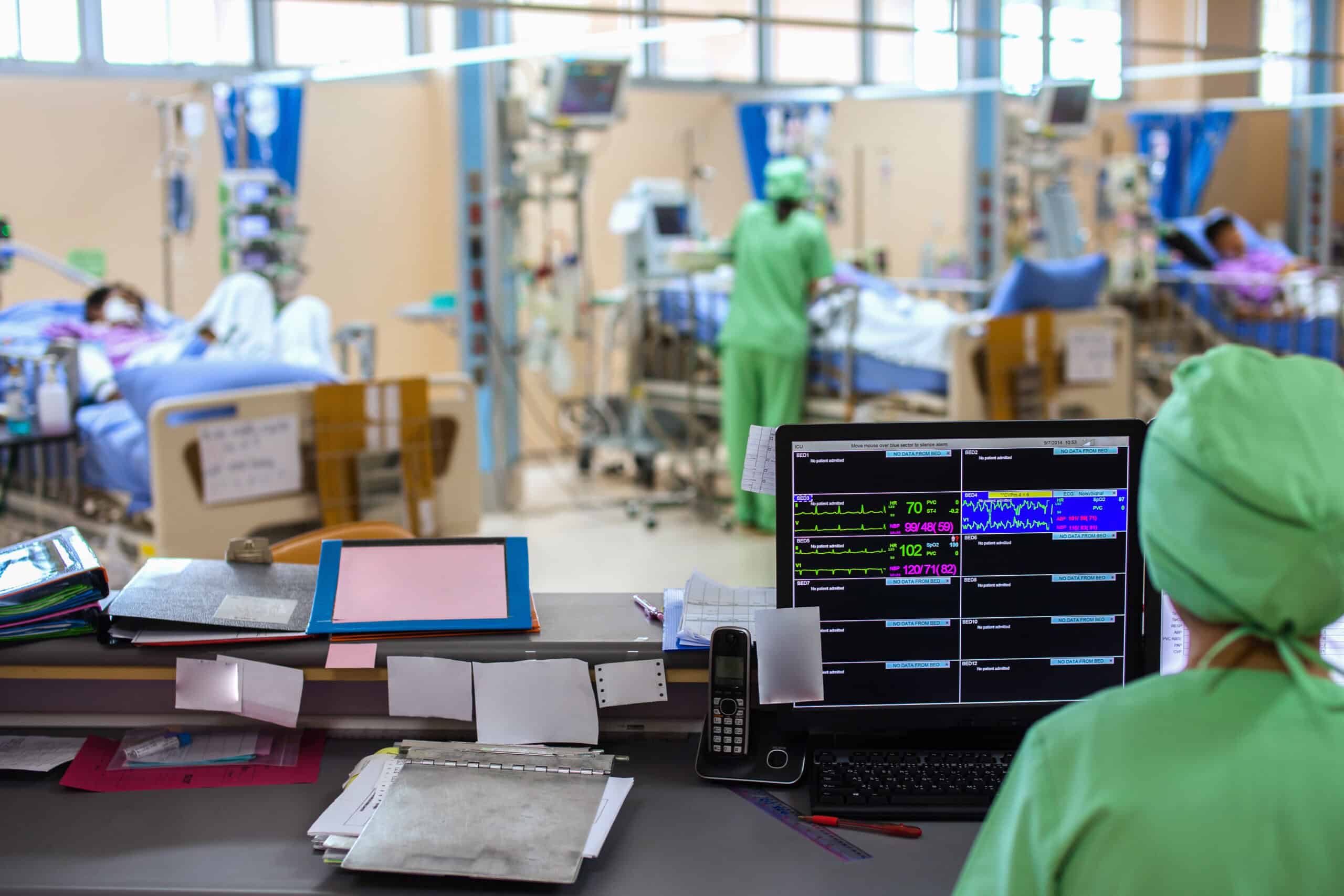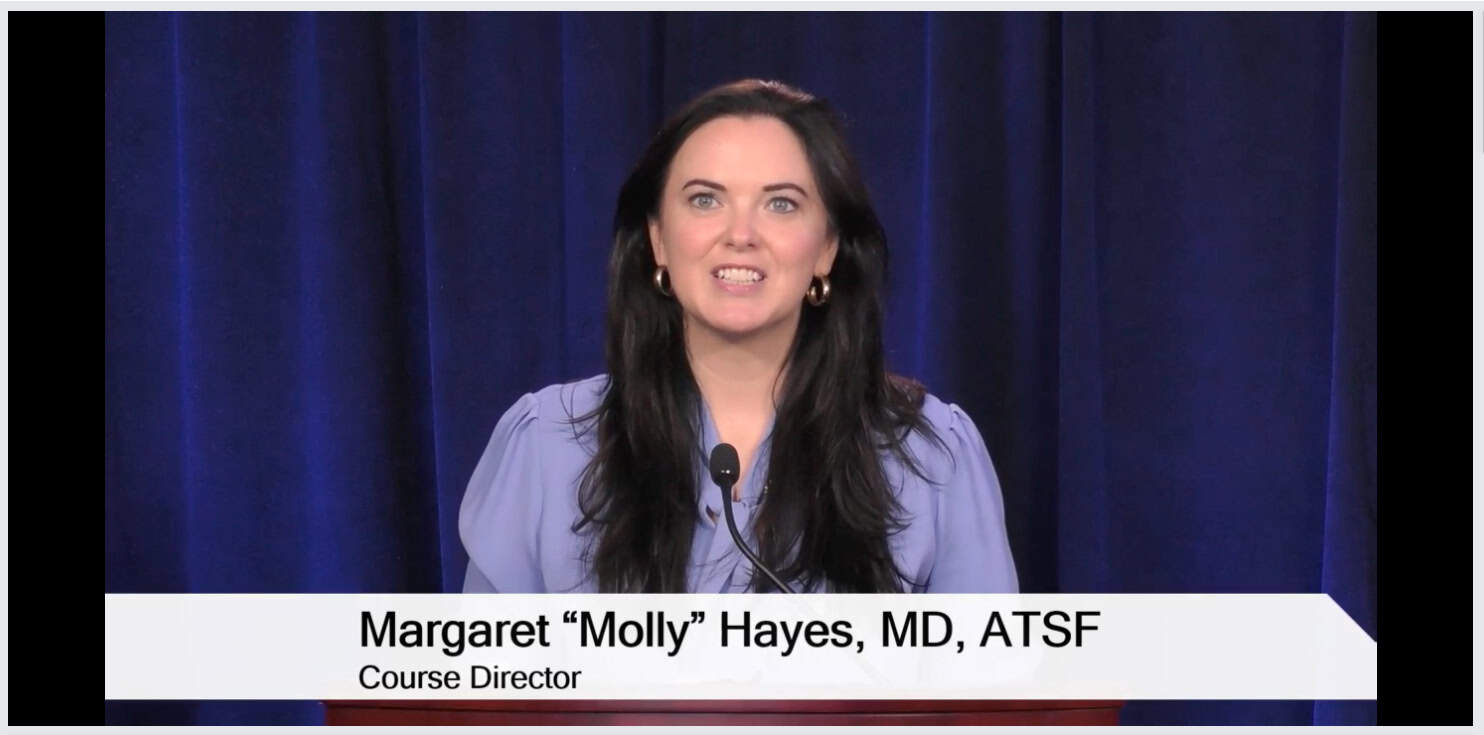Course Info
Master the Skills You Need to Practice Modern Critical Care Medicine
Keeping pace with the rapid changes in evidence-based critical care medicine is difficult for specialty-trained intensivists; for non-intensivists, the challenge of staying up to date can be overwhelming. This cutting-edge CME course is intended to provide core clinical critical-care skills to health care providers who are not trained as intensivists but whose clinical duties involve taking care of critically ill patients.
The focus of this program will be to highlight recent important evidence-based advances in the practice of modern critical care medicine and leave the audience with tangible strategies to immediately improve their practices.
New this year are two intensive training experiences: 1) cardiology critical care and 2) humanizing critical care, both of which will be offered alongside the ventilator troubleshooting module, which remains a staple of the curriculum.

A Practical, Comprehensive Update for Busy Clinicians
This program delivers comprehensive updates to improve evaluation, diagnosis and treatment of critically ill patients. Highlights include:
- Principles of mechanical ventilation including ventilator troubleshooting and ventilator liberation
- Updates in the diagnosis and management of cardiogenic shock including best practices for mechanical circulatory support
- Best practices in use of non-invasive ventilation and high-flow nasal cannula
- Updates in management of ARDS including identification of which patients need VV ECMO and when to transfer
- Tangible evidence-based strategies for managing pain, agitation and sedation to minimize harm
- Pearls and pitfalls of using artificial intelligence in the ICU
- Management of submassive and massive PE
- Using POCUS to assess volume responsiveness
- Updates in oncologic, obstetric, neurologic, and infectious disease emergencies
- Physiology of shock and best practices for IV and oral vasopressor use
- Strategies for incorporating palliative care in your ICU
Learning Objectives
At the end of this course, you will be able to:
- Review the basic principles of mechanical ventilation and describe indications for noninvasive and invasive ventilation
- Describe evidence-based approaches to diagnosis and management of common infections in the ICU
- Categorize different types of shock, describe the pathophysiologic mechanism behind each and formulate appropriate treatment strategies
- Identify the evidence-based management of hypoxic respiratory failure, including use of high-flow nasal cannula, lung- protective ventilation, PEEP optimization, proning and VV ECMO
- Describe current management of cardiogenic shock including indications and contraindications of different types of mechanical circulatory support
- Describe importance of POCUS in the diagnosis of volume status
- Identify contemporary approaches to sedation in the ICU
- Recognize post-intensive care syndrome and describe best practices for management
- Identify best practices for care of the dying patient in the ICU
Intensive Training Experiences
This year, we are proud to introduce two innovative and focused learning experiences designed to enhance your skills and make a meaningful impact in critical care: 1) Cardiology Critical Care and 2) Humanizing Critical Care. Additionally, the Ventilator Troubleshooting module remains a staple of the curriculum, ensuring continued emphasis on this essential skill.

Additional Training Experiences in Cardiology Critical Care and Humanizing Critical Care
We have an intensive session on the first day of the course as well as multiple interactive sessions throughout the course dedicated to cardiology critical care. These sessions, led by Harvard Medical School cardiologists and intensivists provide in-depth training for health care providers caring for critically ill cardiac and cardiovascular patients. You will learn evidence-based strategies for managing cardiogenic shock, optimizing mechanical circulatory support devices and addressing complex heart-failure cases. This focused learning experience covers advanced treatment approaches, practical insights and essential skills to provide exceptional care in high-pressure critical care settings.
HUMANIZING CRITICAL CARE
Prioritize and embrace the human side of medicine through inspiring sessions focused on compassionate, patient-centered care. Gain valuable insights into addressing the emotional and psychological needs of patients and their families while upholding clinical excellence and caring for yourself and your team. Led by world-renowned experts in critical care from different institutions including the BIDMC Center for Humanizing the ICU and the UCLA 3 Wishes Project, these impactful sessions will enhance your knowledge, equip you with practical tools, help you reflect on your personal and professional practice, and refine your approach to elevate the quality of care you deliver.

How to Troubleshoot the Ventilator at the Bedside
+ Mechanical Ventilation 101
+ Mechanical Ventilation 102
Our expert faculty will build upon the principles of mechanical ventilation “at the bedside.” Basic techniques will be demonstrated followed by real patient cases, using high-fidelity test lungs and a ventilator, with a focus on patient-ventilator interactions, ventilator troubleshooting and pearls for ventilator waveform analysis.
This session is instructed by a physician and a respiratory therapist.
Optimized for Remote Learning
What makes this course among the highest-rated Harvard Medical School CME courses:
- Enhanced for distance learning
- Submit questions through the course's online chat; Speakers will either address questions immediately from the podium or reply in the chat
- Participate in online polling feature: Year after year, participants report that the polling feature of this program has advanced their ability to approach complex and challenging cases in their day-to-day practice
- Interactive case-based questions in most presentations
- Session recordings & downloads available for immediate viewing online until February 1, 2026.

Reviews of Our Online Format
“I appreciated attending this meeting from the comfort of my own home. I was able to learn and update my practice while still keeping up with family and work obligations.”
“As a primary care provider, I found that this course did an outstanding job of immersing one into the world of the intensivist.”
“Great speakers, inspiring, smart, and enthusiastic.”
“The virtual option provided an opportunity for me to learn from Harvard Medical School’s best.”
“The instant response to Q&A was impressive and felt like we were connecting in-person.”
“The online platform was excellent and very easy to use.”
